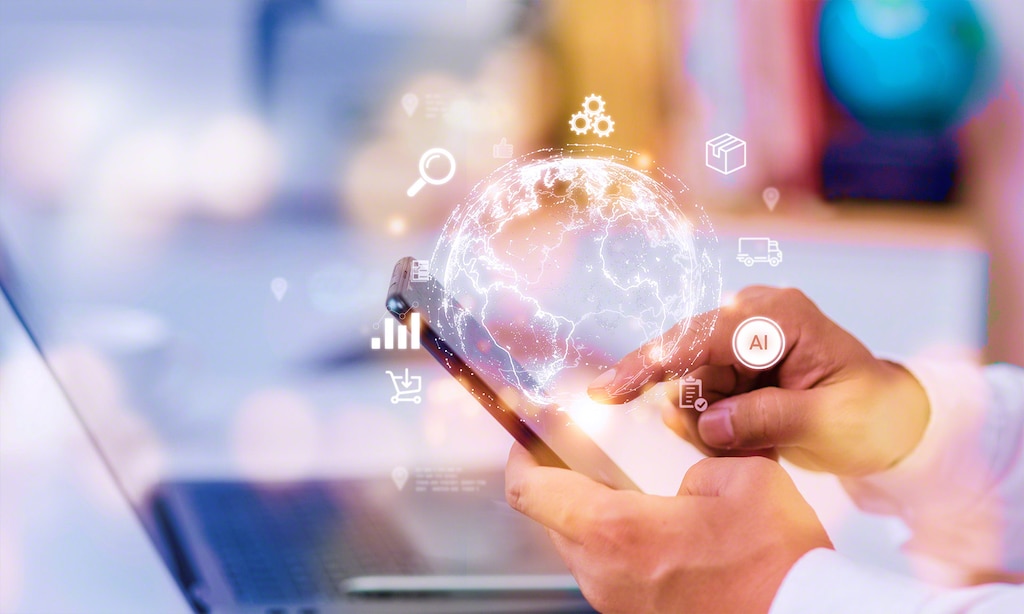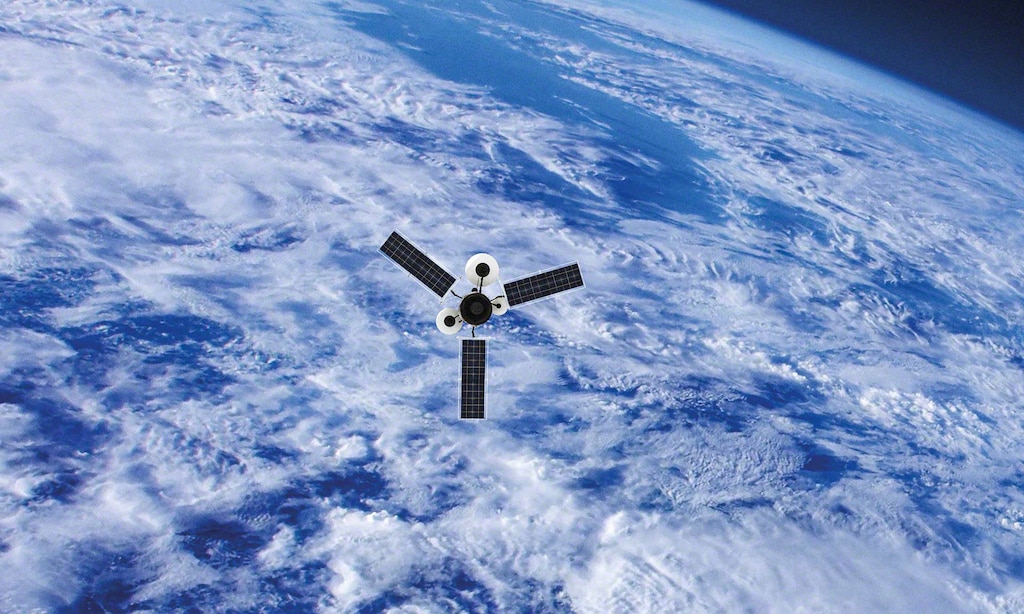According to consulting firm Capgemini, generative artificial intelligence (GenAI), quantum computing, semiconductors, batteries, and space technology will play a significant role and see substantial advancements in the near future.

Smaller GenAI models
Capgemini experts indicate that the trajectory of GenAI since its rise in 2022 points to a shift towards more accessible, versatile, and cost-effective models. Sometimes less is more, which is exactly what this branch of AI needs: smaller large language models that use fewer resources to train and operate. The challenge lies in getting AI to compute more efficiently, helpfully, and reliably. Innovations like Stanford’s Alpaca and companies such as Mistral AI and Aleph Alpha are spearheading this endeavor. Microsoft and Google have also joined the movement with the Orca and Gemini Nano projects, respectively.
Large-scale quantum computing
In 2024, quantum computing moved beyond theoretical concepts, with quantum computers providing capabilities superior to those of classical computers, paving the way for real-world commercial applications. Companies, startups, and research institutes are already competing in areas such as logistics and operations research, condensed matter physics, quantum chemistry, computational fluid dynamics, partial differential equations, and sampling/Monte Carlo methods.
Capgemini contends that, although it may be several years away, all business leaders and technology experts will be impacted by this impending milestone as an increasing number of organizations embark on their “quantum transition.” Google aims to reach one million qubits by 2029, while IBM has its sights set on 2030.
AI semiconductors
All industries are expected to undergo an accelerated digital transformation, enabling connectivity from smartphones, data centers, telecommunications, and electric vehicles. This will reshape the semiconductor ecosystem, leading to new megafactories, regulations, and business models. While there is ongoing research into adding more components to integrated circuits, some advocate for incorporating AI directly into chips to minimize data movement. Others are using the technology to optimize energy consumption.

The battery revolution
The growing demand for renewable energy storage generated by wind and solar is hastening the development of cobalt-free sodium-ion batteries. Solid-state batteries represent a significant shift in this technology — especially for electric vehicles — and promise higher energy densities at a lower cost. Additionally, they reduce dependence on materials like lithium, nickel, rare earth elements, and graphite, offering a longer lifespan and improved safety.
Space tech for earthly challenges
Humanity is gearing up to return to the moon with NASA’s Artemis II mission, which will send astronauts into its orbit for the first time since the Apollo 17 mission in 1972. Meanwhile, the Internet of Things is expanding into new territory with satellite constellations. Thousands of CubeSats, ChipSats, and other nanosatellites are being launched into space, each equipped with miniature sensors and communication equipment. The vast volume of data collected will aid in projects related to climate patterns and wildlife migrations.
